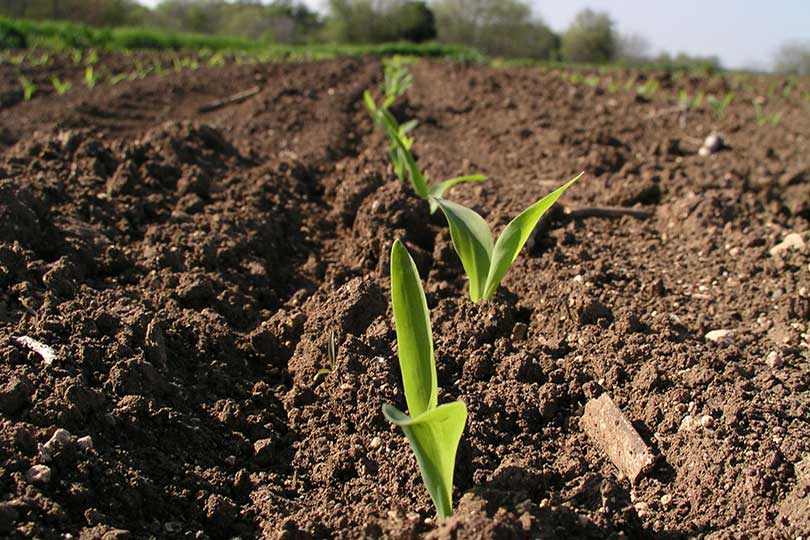Despite concerns felt across the country regarding the agricultural consolidation wave, independent seed companies see potential benefits.
The seed and chemical industry is undergoing a rapid consolidation as companies like Bayer-Monsanto, Dow-DuPont, and ChemChina-Syngenta undergo, or discuss, mergers in less than a year.
Many in agriculture have concerns on the impact the mergers will have on farmers and how it could reduce licensing opportunities. But Monsanto’s Chief Technology Officer Robb Fraley assured officials during a Senate hearing last month that the company’s innovations “will continue to be broadly licensed,” according to Bloomberg.
Independent seed companies see the potential for revenue to increase because farmers prefer personalized service and products developed for local soils and climates.
“Consolidation always opens up the market,” Myron Stine, president of Stine Seed Co., the largest closely held seed wholesaler in the U.S. told Bloomberg. “I don’t care if it’s only 10 percent of the market that says: ‘Okay, I don’t like this consolidation. I want something different.’ For a company our size, that’s an extremely big deal.”
Independent seed companies look for advantages in research and development from the consolidation.
Stine’s company and other individual seed companies license improved seeds to bigger companies like Monsanto that in return give them access to the newest genetically modified traits that help farmers control weeds and pests.
“Traditional breeding may actually be on the rise,” Todd L. Martin, executive director of the Independent Professional Seed Association, told Bloomberg. “Farmers are less interested in speculating on high-cost, potential yield boosters. They want cost-effective solutions.”
Stine predicts that sales for his company could reach 7 percent and its stake in corn seed could rise to as high as 4 percent.
If newly formed companies expanded their licensing opportunities, they could benefit from the merger wave, too, according to Martin.

